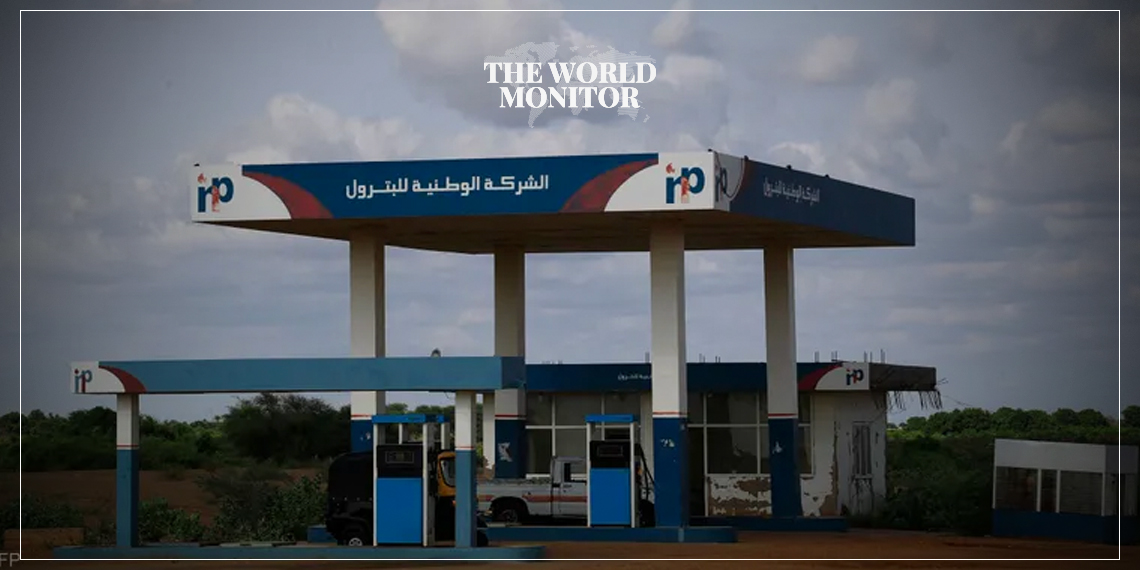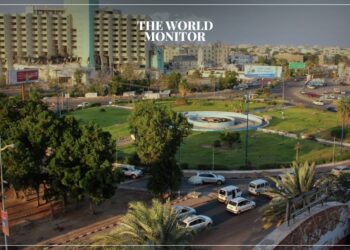South Sudan’s Minister of Finance and the Office of the President have announced that progress is being made toward resuming the flow of locally produced crude oil through Sudan, using a pipeline that leads to a port in the northern neighbor.
Oil exports are a crucial source of revenue for South Sudan, with Sudan receiving a share of the crude as transit fees.
In March, Sudanese officials stated that the main pipeline transporting oil from South Sudan through Sudan for export had been halted for a month due to issues related to the conflict between the Sudanese army and the Rapid Support Forces.
In a statement on Monday night following a meeting in Juba between South Sudan’s President Salva Kiir and Sudanese army leader Abdel Fattah al-Burhan, Kiir’s office said, “Sudanese engineers have completed the technical preparations necessary to resume oil production.” The statement added, “South Sudanese engineers are expected to travel to Sudan in the coming weeks to ensure the facilities are ready for the resumption of production.”
South Sudan’s Finance Minister, Marial Deng Garang Atir, confirmed in a press conference on Monday evening, “Progress has been made and will be announced very soon.”
South Sudan’s economy has been under strain in recent years due to ethnic violence. Oil export revenues have declined since the civil war from 2013 to 2018, followed by recent disruptions caused by the ongoing conflict in neighboring Sudan.
Before its independence from Sudan in 2011, South Sudan transported around 150,000 barrels of crude oil per day through Sudan for export, under an agreement. At its peak before the civil war, South Sudan’s crude oil production ranged from 350,000 to 400,000 barrels per day.






